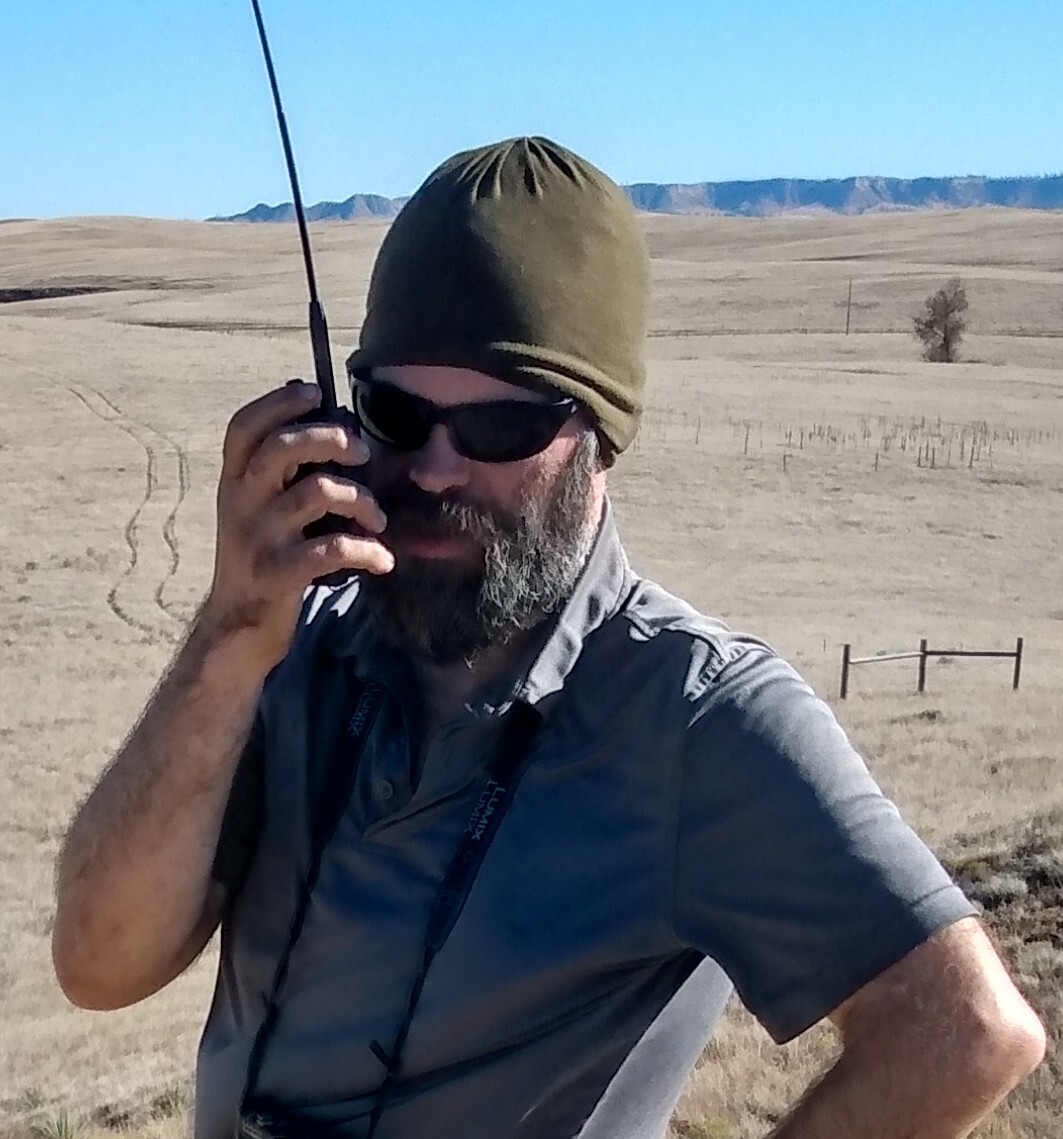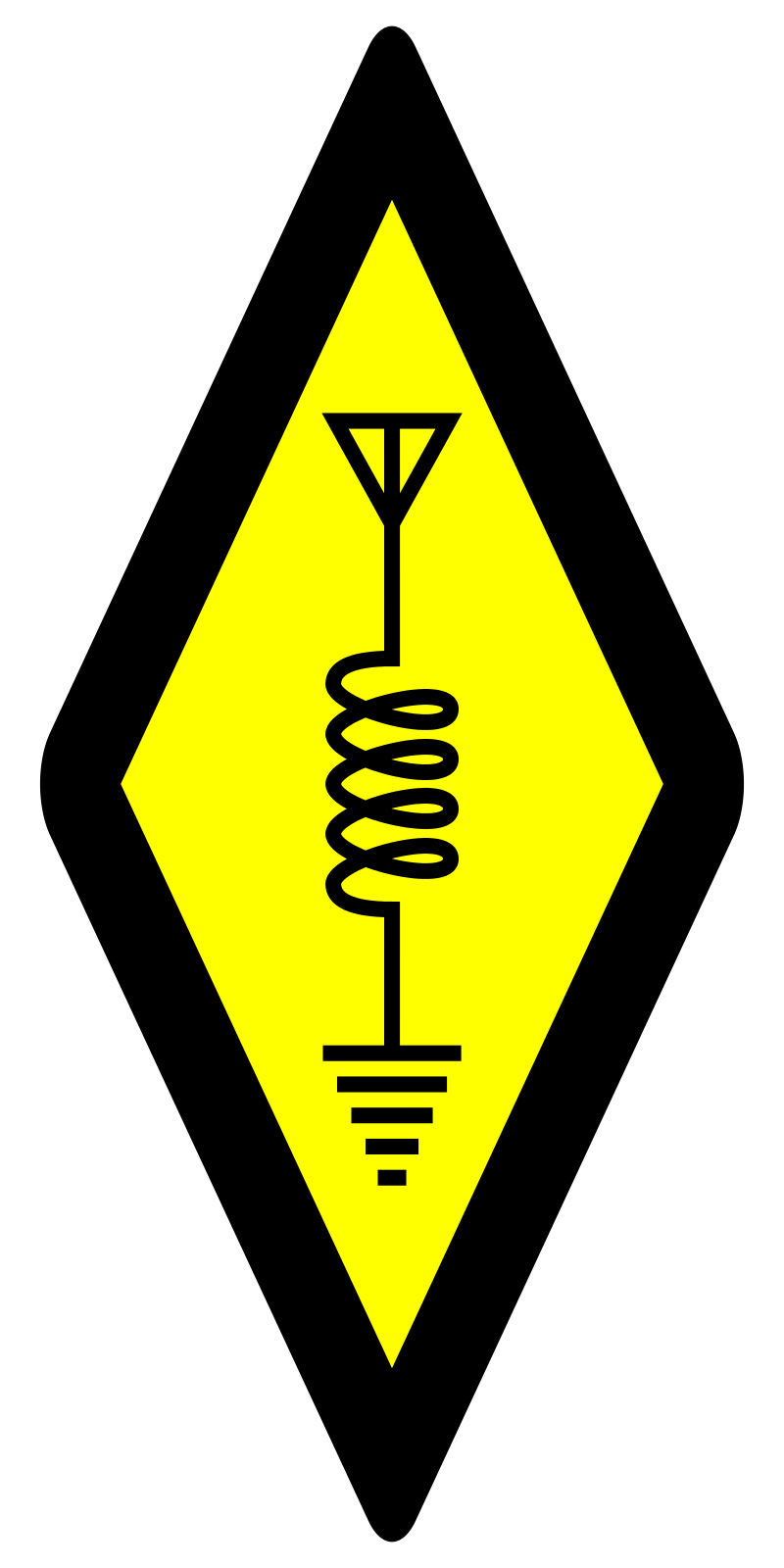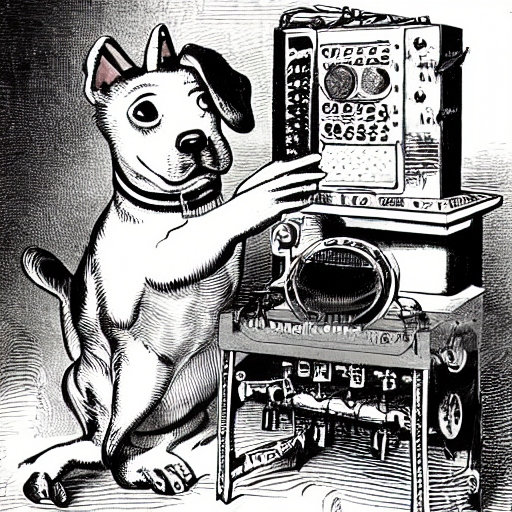Pictured is a Yaesu FTM-100D (Japan Model), the HRI-200 interface, and a Wyse 3040 Thin Client running Windows 10.
I’ve found that these Wyse 3040 Thin Clients work nicely as a standalone Windows “appliance” for ham radio purposes. They’re cheaper and run cooler than a Raspberry Pi and have more than enough power to run Wires-X or other ham software.
This specific model runs off of 12V/2A DC from the factory and uses the same size Yaesu DC barrel plug for power. It has 2GB RAM and a 16GB SSD, so I installed Windows 10 using the Tiny10 image. I have about 5GB of storage left over.
It works perfect for my use case.
Do you have to roast the ham before or after plugging it in?
Mmm tasty.
Nice setup!
I love thin clients but I prefer to use them as Linux workstations or servers for ham radio. I find Windows 10 unbearably slow with less than 8GB of RAM, but I’m also the guy who has 50 tabs open.
Also, off lease Dell and HP micro desktops work well for a lot of things. I’ve got some running Allstarlink and a few of them running my home Proxmox cluster. The power connection is not as ham friendly though.
The Wyse terminal is a smart design choice. These older desktop / terminal systems have plenty of power to run a specialized software package, and they tend to last way longer than the manufacturer intended.
Very nice
Any reason you went with this setup rather than just a hotspot?
There are a few benefits, I have some hotspots and they have their place.
-Mainly that hotspots can’t directly connect to WIRES-X rooms on Yaesu servers, and I can host one myself very easily.
-Much higher power and range (20W vs 20mW) with a roof antenna.
-Can use analog mode instead of digital so any FM radio can access the room.
-And finally it’s fun to experiment.



